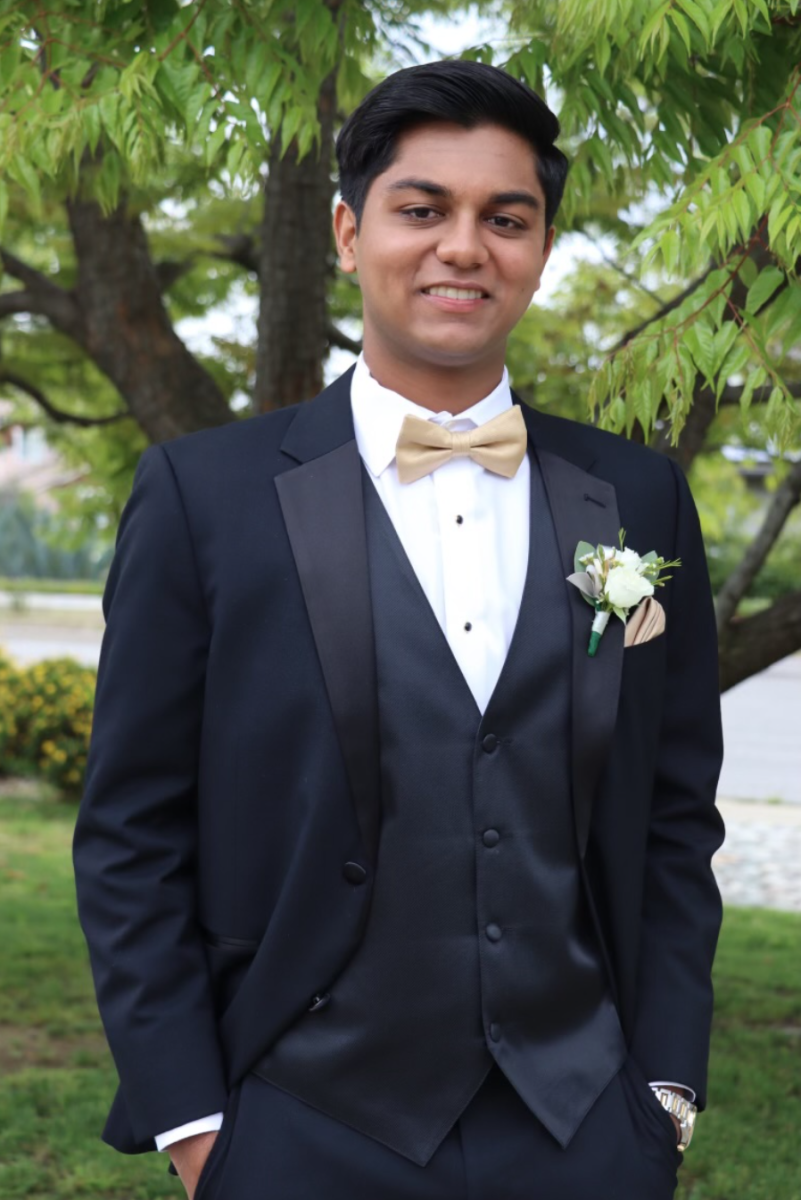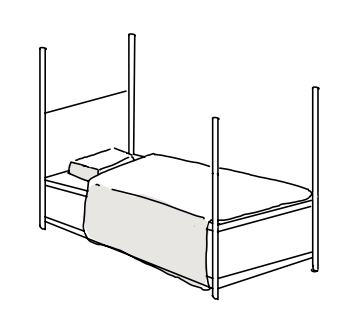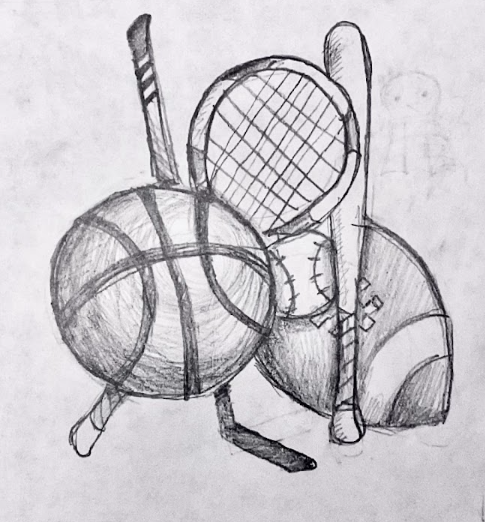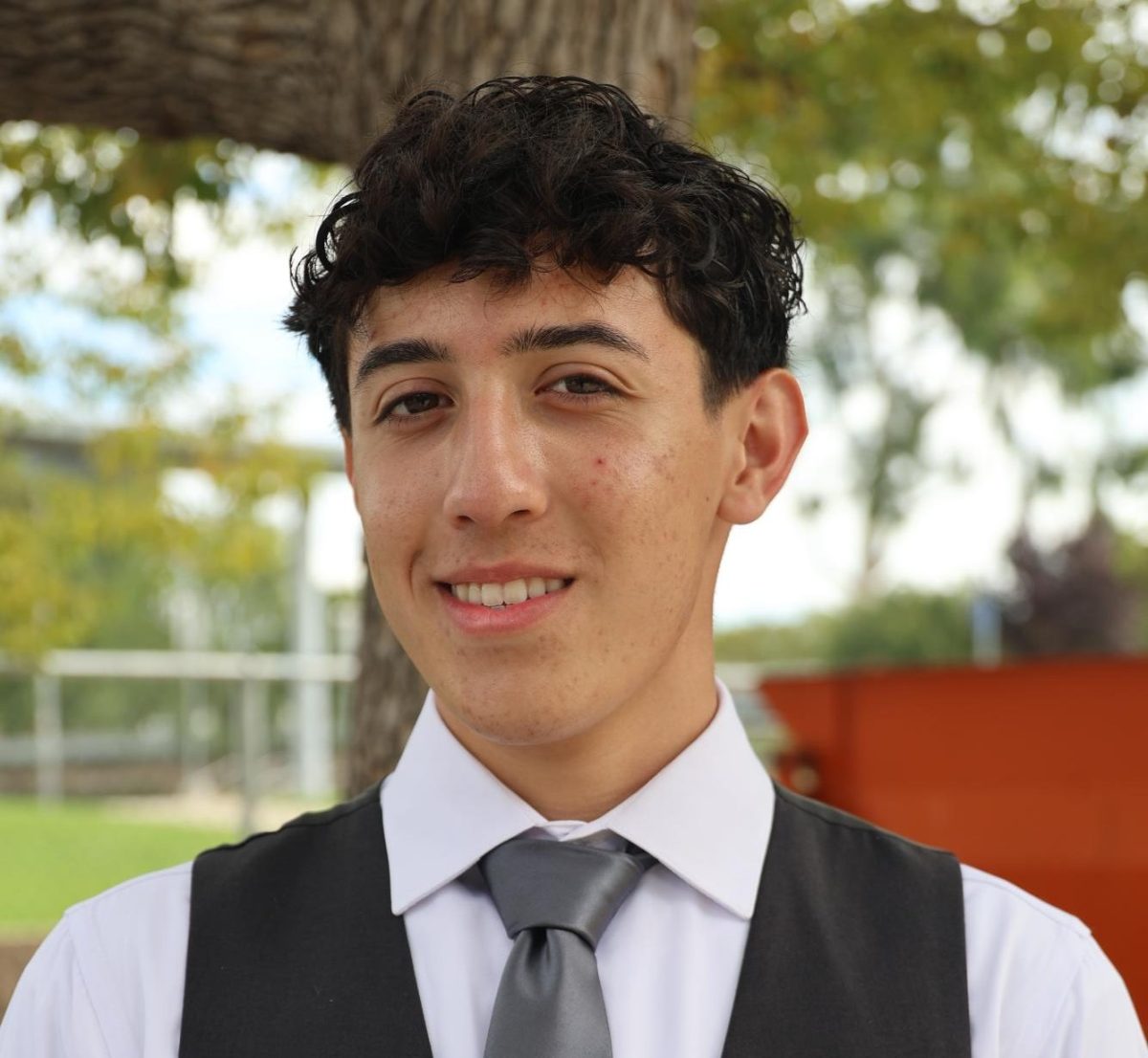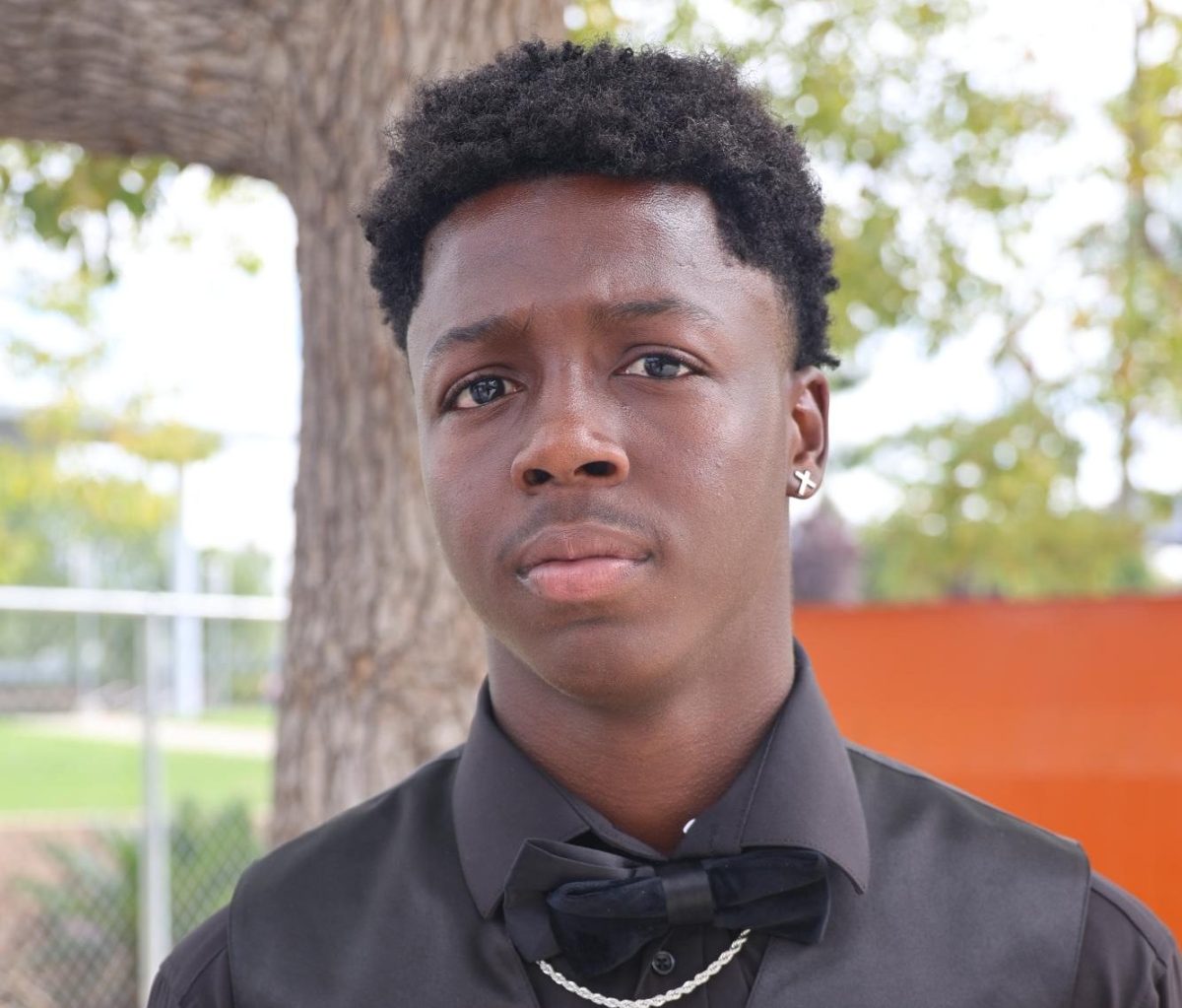Your heart races, your breath quickens; it feels like the world rests on your shoulders. The possibility of failure consumes you. Welcome to the reality of performance anxiety.
Performance anxiety refers to the excessive fear related to not being able to perform well. This can stem from athletics, academics to all aspects of life. athletes, musicians, presenters, students and anyone else placed in a pressured environment can feel the fear of failing to deliver their best performances.
Performance anxiety is not purely just a feeling, it also has the ability to affect the outcome of your performance. Stemming from a fear of failure, unrealistic expectations, or lack of confidence, performance anxiety has the power to hinder one’s potential. As anxiety increases, the human body’s fight or flight response kicks in. With anxiousness comes an increase in heart rate which causes breathing to become more erratic and promotes lack of focus. This leads to physical symptoms such as sweating and shaking. The in the moment impact physically and mentally can quite easily distract one’s ability to perform normal tasks.
Ways to cope with performance anxiety may vary for different individuals and different situations. Research of effects of anxiety on practice behaviors and performance quality in expert pianists by the Institute of Music Physiology and Musicians Medicine shows that most musicians self-report anxiety measurements that were positively correlated with practice time. Subsequently, this shows that high levels of anxiety were associated with poor quality practice. An increase in quality practice and adequate preparation has been proven to decrease anxiety.
Tips and Advice for Coping with Performance Anxiety:
- Prepare and Practice: Sufficient preparation can boost confidence and reduce anxiety.
- Positive Self-Talk: Challenge negative thoughts with positive affirmations. Replace self-doubt with confidence building statements.
- Visualization: Visualize succeeding in performance, games or exams. Imagine the scenario going smoothly and focus on the feelings of calmness and confidence.
- Deep Breathing: Practice breathing exercises to calm your heartbeat and nerves. This can reduce physical symptoms of anxiety.
- Seek sport: Talk to a trusted coach, mentor, friend, teacher, parent or mental health professional about feelings of anxiety. Sharing feelings can be relieving and can provide relief and valuable insights.
Performance anxiety, stage fright or fear of failure, is a common experience characterized by an excessive fear related to not being able to perform well in a specific situation. Whether on stage, in a sports arena or during exams, performance anxiety can manifest in various aspects of life. It’s crucial to recognize its signs, understand its effects and learn effective strategies to cope and overcome it.





